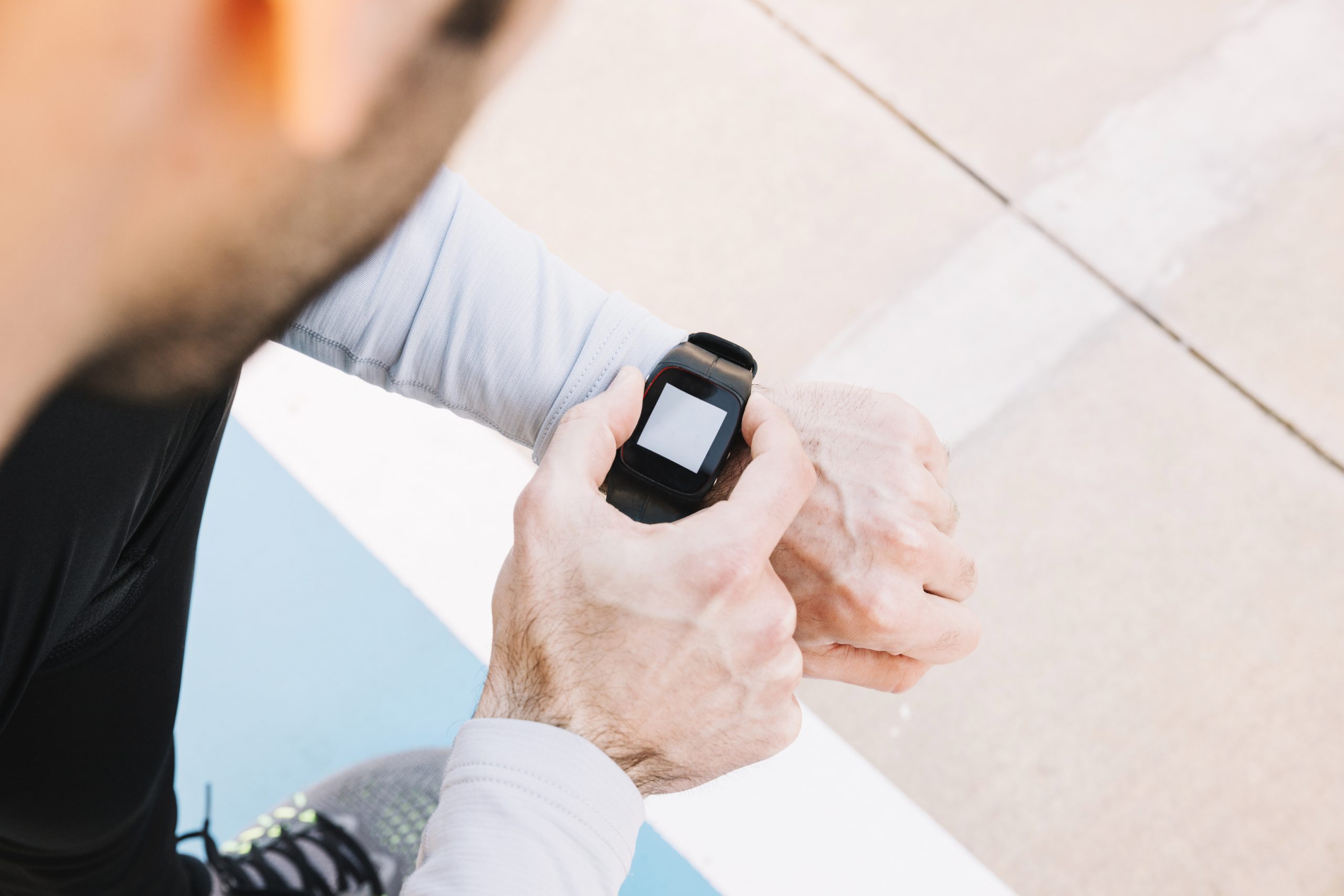

A team of researchers led by Penn State has developed cost-effective and wearable waterproof sensors that can monitor multiple vital signals. The sensor has been designed to be easily accessible to users. The details of the pencil-on-paper sensor were published by the team in the Chemical Engineering Journal.
Previously, the researchers created a pencil-on-paper sensor that might be used in “smart diapers” to detect dampness. However, because that sensor was not hydrophobic, it could not be utilized to accurately monitor other health indicators where moisture could interfere with sensing and outcomes.
“In this case, we are looking to measure gas molecules, temperature and electrical physiological signals,” said co-corresponding author Huanyu “Larry” Cheng, James L. Henderson Jr. Memorial Associate Professor of Engineering Science and Mechanics at Penn State. “If we get interference from the moisture or rapid humidity, the signal and mechanical robustness will be compromised. That’s why we designed a superhydrophobic coating, making the sensor practically waterproof.”
The researchers employed a silica hydrophobic coating that had previously been used for other sensors but had never been used for pencil-on-paper sensors. These waterproof sensors were also intended to be stretchable, allowing them to be worn on the skin.
“With this sensor, you don’t need bulky equipment,” said co-corresponding author Li Yang, formerly a visiting scholar in the Penn State Department of Engineering Science and Mechanics and now of the School of Health Sciences and Biomedical Engineering at Hebei University of Technology, Tianjin, China. “We use low-cost manufacturing approaches to make them accessible. The sensor is made of graphite material exfoliated from a pencil. So, the pencil material is really the sensing material because it’s a conducting material.”
The sensors could capture electrical physiological action to monitor muscular mobility, cardiovascular function, and brain impulses in addition to temperature and gas molecules. According to the researchers, the gadget has the potential not just for sensing but also for stimulation—for example, by sending a current to the skin, the sensor may give thermal therapy.
Cheng believes that the sensor’s price, accessibility, and variety (in terms of the range of vital signs it can measure) may make it valuable for public health applications rather than just individual health.
“In general, we are interested in the population health,” Cheng said. “So, with this low-cost manufacturing process and sensor accessibility, we are hoping we can provide this to a really large population, and then collect information about the variation between individuals to be able to establish a baseline, according to the patient population in different geographic locations or in different populations.”
more recommended stories
 Dietary Melatonin Linked to Depression Risk: New Study
Dietary Melatonin Linked to Depression Risk: New StudyKey Summary Cross-sectional analysis of 8,320.
 Chronic Pain Linked to CGIC Brain Circuit, Study Finds
Chronic Pain Linked to CGIC Brain Circuit, Study FindsKey Takeaways University of Colorado Boulder.
 New Insights Into Immune-Driven Heart Failure Progression
New Insights Into Immune-Driven Heart Failure ProgressionKey Highlights (Quick Summary) Progressive Heart.
 Microplastic Exposure and Parkinson’s Disease Risk
Microplastic Exposure and Parkinson’s Disease RiskKey Takeaways Microplastics and nanoplastics (MPs/NPs).
 Sickle Cell Gene Therapy Access Expands Globally
Sickle Cell Gene Therapy Access Expands GloballyKey Summary Caring Cross and Boston.
 Reducing Alcohol Consumption Could Lower Cancer Deaths
Reducing Alcohol Consumption Could Lower Cancer DeathsKey Takeaways (At a Glance) Long-term.
 NeuroBridge AI Tool for Autism Communication Training
NeuroBridge AI Tool for Autism Communication TrainingKey Takeaways Tufts researchers developed NeuroBridge,.
 Population Genomic Screening for Early Disease Risk
Population Genomic Screening for Early Disease RiskKey Takeaways at a Glance Population.
 Type 2 Diabetes Risk Identified by Blood Metabolites
Type 2 Diabetes Risk Identified by Blood MetabolitesKey Takeaways (Quick Summary) Researchers identified.
 Microglia Neuroinflammation in Binge Drinking
Microglia Neuroinflammation in Binge DrinkingKey Takeaways (Quick Summary for HCPs).

Leave a Comment